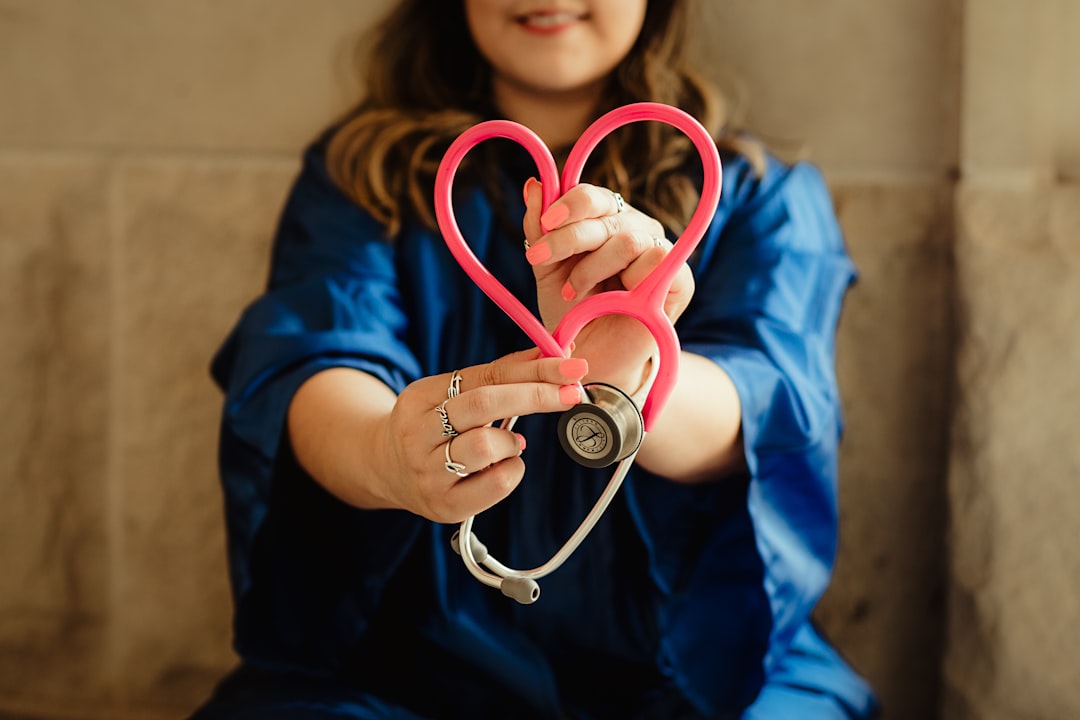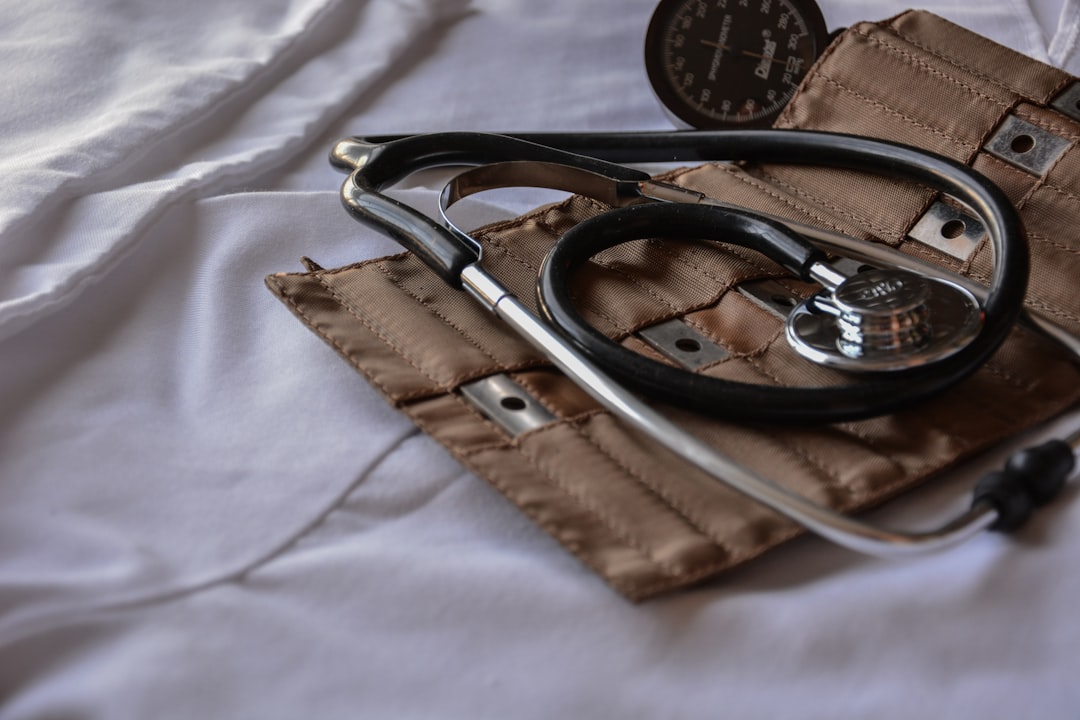Health Care in America: A Pain in the Pocketbook
Families face crushing burden of $220 billion in medical debt

Nearly 60 percent of bills in collections are medical bills, and more than half of the debts on consumer credit reports are medical debts.
This line from a story in The Atlantic about medical debt is shocking.
Turns out, consumer creditworthiness is not all that bad - but getting sick or having an accident can wreck your credit. And your budget.
It shouldn’t be this way. No one should go into debt because they got sick.
And, as the subheading on Annie Lowrey’s story notes: “Americans shouldn’t have their credit ruined over a medical bill.”
Lowrey points to action by the Consumer Financial Protection Bureau (CFPB) that will eliminate medical debt - all of it - from credit reports.
As the article above notes, 15 million Americans have $49 billion in medical debt that is in collections.
In the bigger picture, some 100 million Americans owe a total of $220 in medical debt - it can take 90 days of nonpayment before a debt goes to collection.
Another approach to reduce medical debt pain: Buying and canceling the debt. That’s what Toledo did:
As the CFPB notes, medical debt collections are fraught with errors:
“Medical billing is often riddled with errors, including inflated or duplicative charges, fees for services the patient never received, or charges already paid,” said CFPB Director Rohit Chopra. “The CFPB is taking action to ensure that Americans are not unfairly chased by debt collectors over unsubstantiated or invalid medical bills.”
Lowrey’s story profiles a patient with thousands of dollars worth of medical bills - and her labyrinthine journey to figure out just what she was paying for. A journey that resulted in her throwing many bills in the trash.
Yet when she started calling hospitals, doctor’s offices, and collection agencies, she realized that nobody could tell her what she was paying for and why she was being charged a certain amount. Some bills had been forgiven; some were miscoded. “I was like, I’m not going to just send you $500 for this random you-know-what,” she told me. “My takeaway was: Nobody knows what these bills are for.” So she did not pay them. She tossed new ones in the trash. She sent unknown numbers straight to voicemail. Getting on top of her debts meant ignoring them.
With local and state governments buying back debt, as happened in Arizona, some patients are seeing relief:
For $30 million and at no cost to Arizona taxpayers, Gov. Katie Hobbs will cancel the medical debt of around 1 million Arizonans.
Hobbs is using COVID relief funds to purchase the debt. The $30 million is expected to purchase $2 billion worth of medical debt in collections.
Now, with the CFPB moving to remove medical debt from credit reports, patients could no longer face a credit score penalty just because of an illness or accident.
Until we implement policy change that ensures no one goes into debt because they get sick, these debt buybacks and credit report changes offer a suitable cure for the financial pain of American medicine.





